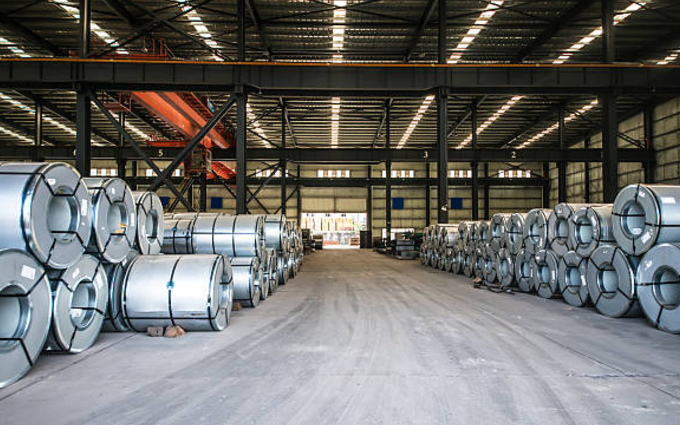Steel coils are an essential raw material for numerous industries, including construction, manufacturing, and automotive. As Botswana's industries continue to grow, the demand for high-quality steel coils has surged. Understanding the process of importing steel coils into Botswana is crucial for businesses looking to thrive in this competitive market.
Costs Involved in Importing Steel Coil
- Purchasing Costs
- The cost of steel coils varies based on type (hot-rolled, cold-rolled, galvanized, or pre-painted) and specifications (thickness, width, and grade). Prices typically range from $700 to $1,500 per metric ton, depending on quality and supplier.
- Logistics and Transportation Costs
- Shipping steel coils involves freight charges, which depend on the shipping method (sea or air), distance, and volume. Expect sea freight costs to range between $200 and $500 per container.
- Inland transportation costs for moving coils from the port to the final destination within Botswana can add $100 to $300, depending on the distance.
- Additional Costs
- Port handling and customs clearance fees.
- Warehousing and storage fees if delays occur.
- Insurance to cover the value of the shipment.
Tariffs and Taxes
- Import Duties
- Steel coil imports into Botswana are subject to tariffs, which are calculated based on the HS code classification of the product.
- Typical duties range from 5% to 15%, depending on the type of steel coil.
- Value Added Tax (VAT)
- A standard VAT rate of 14% is applied to imported goods, including steel coils.
- Tariff Exemptions
- Certain industries may qualify for tariff reductions or exemptions under Botswana’s industrial policies. For example, manufacturers exporting finished goods might receive duty rebates.
Delivery and Logistics
- Shipping Ports
- The primary port for steel coil imports into Botswana is the Port of Durban in South Africa. From there, goods are transported by road or rail.
- Customs Clearance
- Required documentation includes a commercial invoice, bill of lading, packing list, certificate of origin, and import permit.
- Botswana Unified Revenue Service (BURS) oversees customs procedures.
- Recommended Shipping Practices
- Opt for Full Container Load (FCL) to ensure the coils are protected during transit.
- Use certified logistics companies with experience in handling steel products.
What to Look Out for in the Steel Coil
- Material Quality
- Ensure the supplier provides quality certifications such as ISO 9001.
- Verify that the steel meets Botswana’s industry standards.
- Common Defects
- Be vigilant for issues like uneven thickness, rust, or mechanical damage.
- Supplier Credibility
- Conduct thorough due diligence on suppliers. Request references, visit production facilities if possible, and review past client feedback.
Question and Answer Section
Q: What types of steel coils are most commonly imported into Botswana?
- A: The most commonly imported types include hot-rolled and galvanized steel coils, often used in construction and manufacturing.
Q: Are there specific industries in Botswana driving steel coil demand?
- A: Yes, industries such as construction, mining, and automotive manufacturing are major consumers of steel coils.
Q: How can I ensure compliance with Botswana’s import regulations?
- A: Work closely with a licensed customs broker, ensure all required documentation is complete, and stay updated on BURS guidelines.
Q: What shipping method is most cost-effective for steel coils?
- A: Sea freight is typically the most economical method for large shipments, especially when using FCL.
Q: How do I handle delays at the port?
- A: To mitigate delays, ensure accurate and complete documentation and work with experienced logistics providers.
Conclusion
Importing steel coils into Botswana requires careful planning and a thorough understanding of the associated costs, tariffs, and logistics. By focusing on quality, partnering with reliable suppliers, and adhering to local regulations, businesses can streamline their import process and meet market demands effectively. Whether you’re new to importing or looking to optimize your supply chain, this guide equips you with the essential knowledge to succeed.




